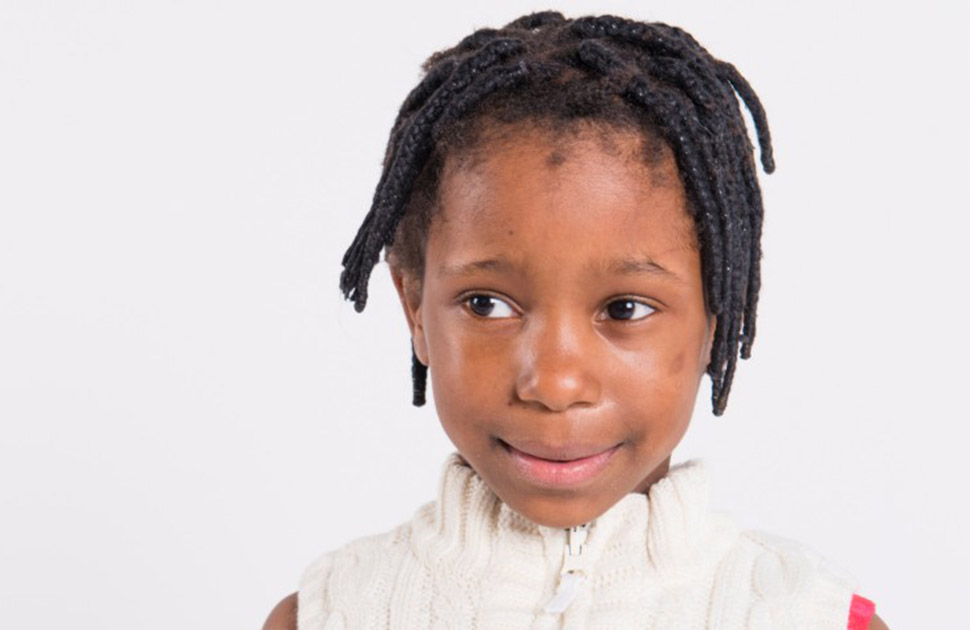
A few weeks before school starts
Set up your back to school routines
- Start your school routine early. For many families, routines become more lax during the summer, with later bedtimes and more screen time. You should aim to start the new routines a few weeks before school starts. Other children might need more lead time.
- Post a calendar with the school start date. This will help child visualize how many days are left until school starts.
- Shift your child’s bedtime forward. This is easier than trying to start a new bedtime routine the night before school starts.
Get up-to-date with vaccinations
We know that the past few years have made it difficult for families to keep up with the routine vaccines needed to protect children and youth from disease and to keep them healthy.
The Kids Come First – Vaccinate and Up-to-Date campaign is here to make it easier for children and youth in the region to catch up on routine vaccinations.

The night before school starts
- Get the backpacks ready with any supplies.
- Prepare lunches for the next day and put them in the fridge.
- Set the breakfast table.
- Go to bed early yourself! You will feel better, calmer and better able to help your child with school.

The first day of school
- Leave earlier than usual. This way, you’ll have more flex time in case of unexpected traffic or other issues.
- Establish a goodbye ritual, such as giving your child a final hug, kiss, and saying goodbye.
- Comfort your child if they are sad. Some children might have problems with separation, but remember that most of the time they will feel better after a good cry. You can say “I can see you are feeling sad and it’s ok to cry. I’ll be thinking of you all day and I’ll pick you up at ...”
- Sit down in a peaceful place after you've dropped off your child, breathe a sigh of relief, and be present — before you know it, your child will be all grown up.

Back to school: helping kids adjust
Other helpful resources and tips
This musical method of teaching children proper handwashing technique was developed by Dr. Nisha Thampi, a pediatric infectious disease physician at CHEO, a pediatric health and researcher centre based in Ottawa, Canada, with the help of her daughter.




